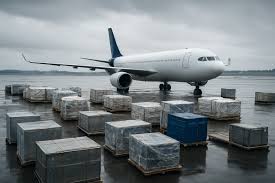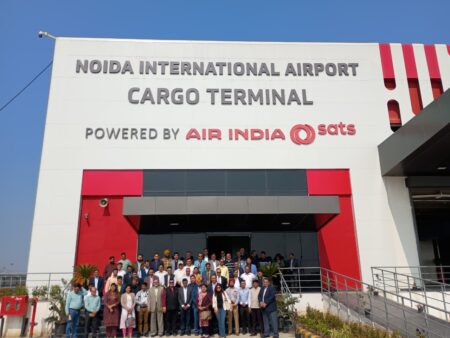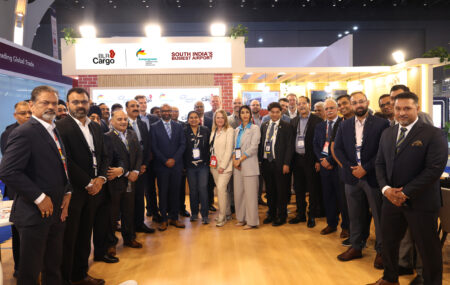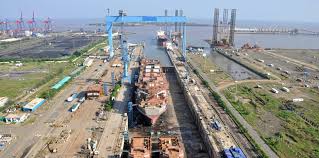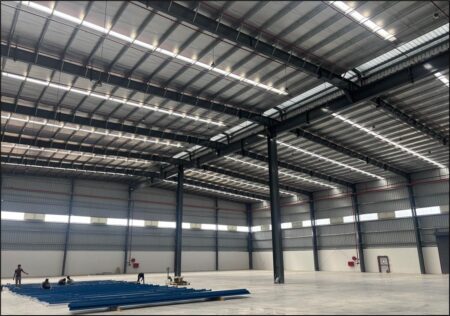Blank sailings between Asia and North Europe doubled from March to April, driven by the Red Sea crisis, Sea-Intelligence reports.
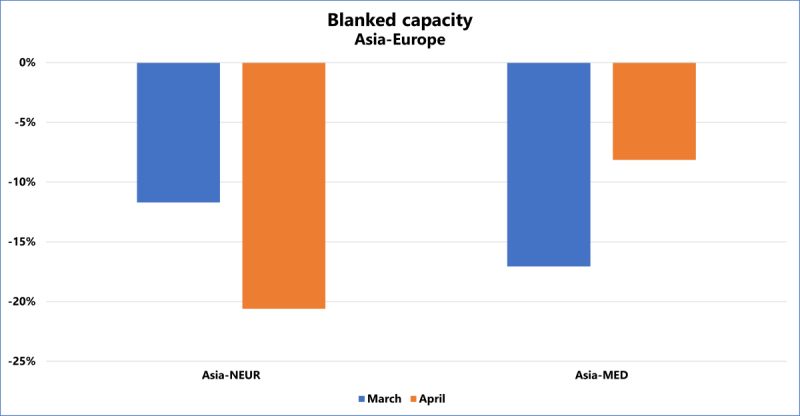
In a recent report by Sea-Intelligence, it was revealed that the frequency of blank sailings between Asia and North Europe had doubled between March and April, shedding light on the escalating challenges faced by the shipping industry. This surge in blank sailings, traditionally utilized by shipping lines to regulate supply in response to demand fluctuations, has been exacerbated by the ongoing crisis in the Red Sea region.
The Danish maritime consultancy firm underscored how blank sailings, once a strategic tool, became a necessity during the pandemic due to rampant port congestion and a scarcity of available vessel capacity. Alan Murphy, CEO of Sea-Intelligence, pointed out that the latest round of blank sailings is also attributable to a shortage of vessel capacity, as reflected by the minimal 0.9 percent idle container vessel fleet observed in April.
Analysing the data, Murphy highlighted a significant increase in blanked capacity on the Asia-North Europe route, soaring from -12 percent in March to -21 percent in April. Conversely, the Asia-Mediterranean route experienced a contrasting trend, with the share of blank capacity decreasing from -17 percent in March to -8 percent in April.
Meanwhile, the Transpacific route displayed a comparatively more stable scenario, witnessing a reduction in capacity of around -14 percent to the West Coast and -11 percent to the East Coast throughout March and April 2024. Murphy interpreted this as indicative of a less turbulent operating environment in the Transpacific compared to Asia-Europe.
Attributing the surge in blank sailings primarily to the Red Sea crisis, Murphy warned of worsening port congestion in key hubs across Asia and Europe. He emphasized the urgent need to address port congestion to prevent further escalation of spot rates, highlighting the potential for acute capacity shortages if the situation remains unchecked. Murphy stressed the importance of controlling port congestion to stabilize spot rates and ensure smooth operations within the shipping industry.

